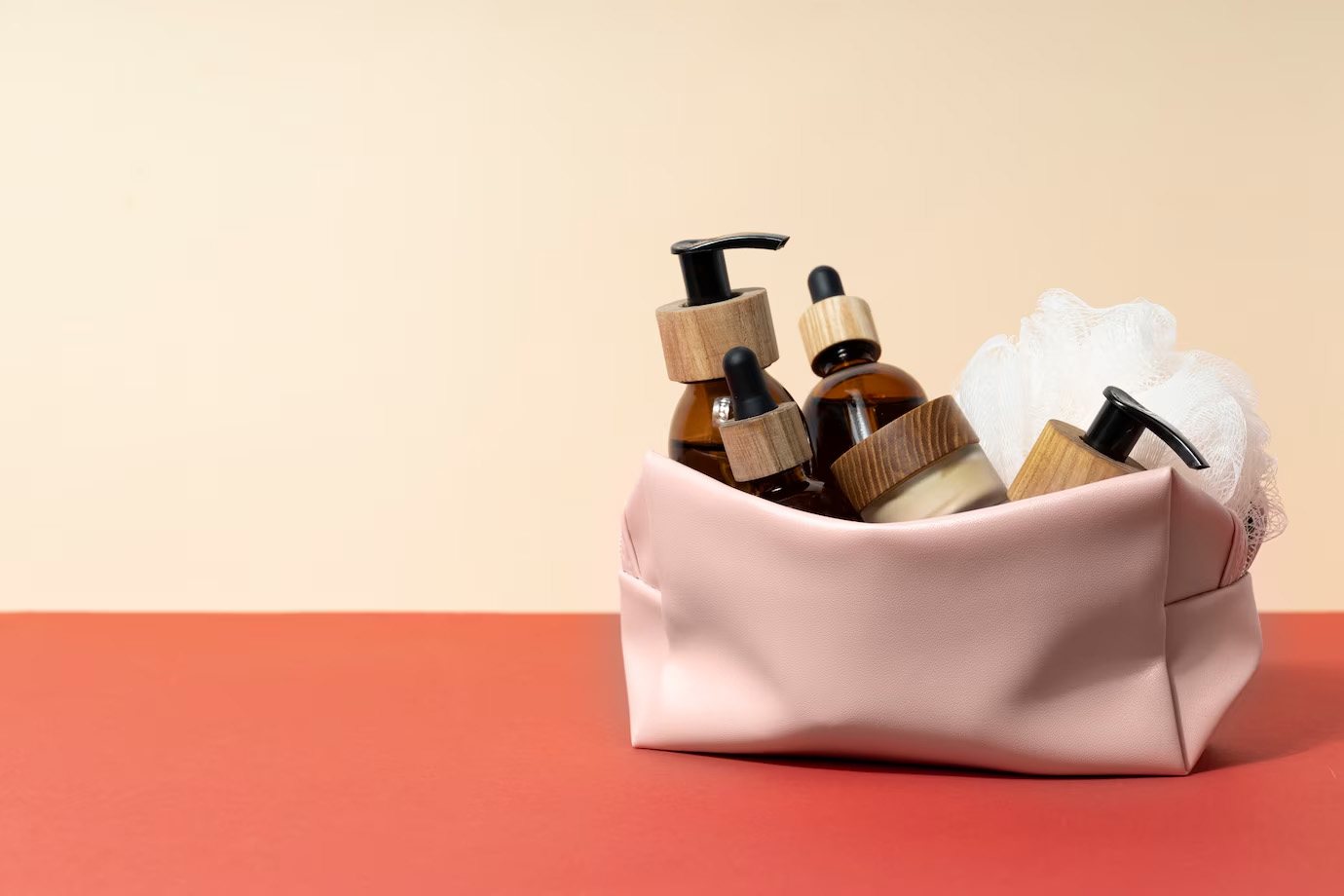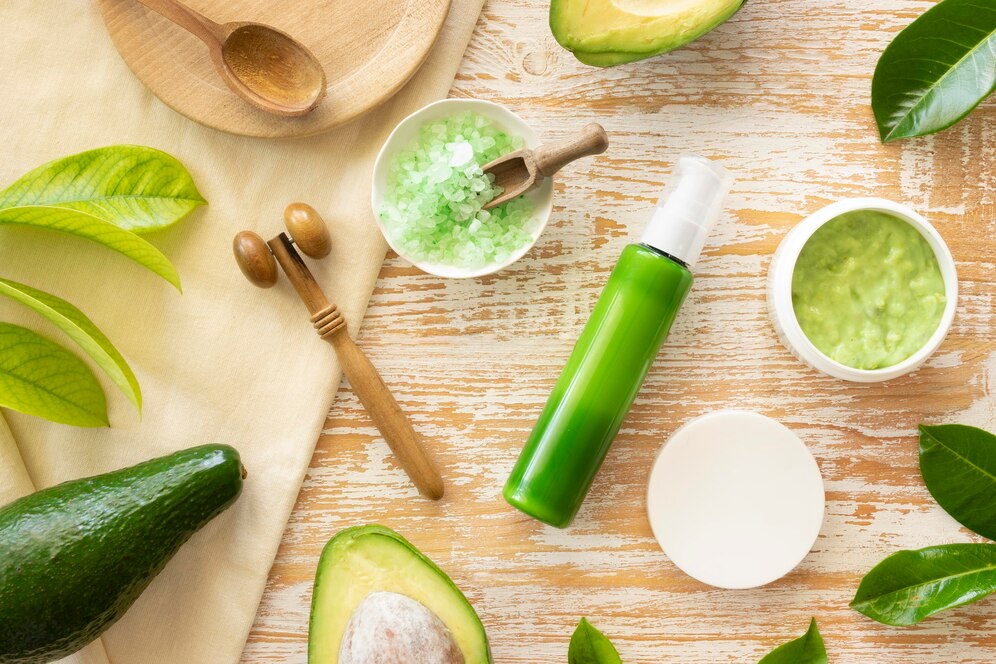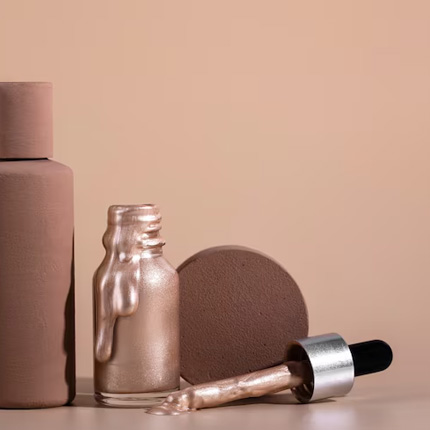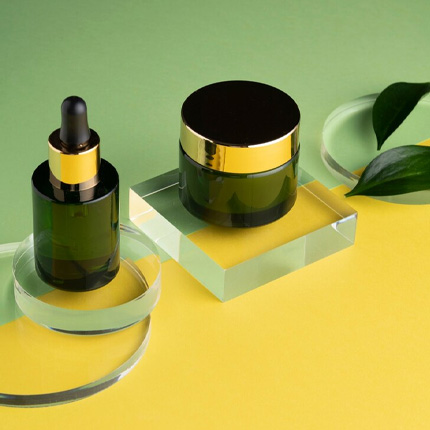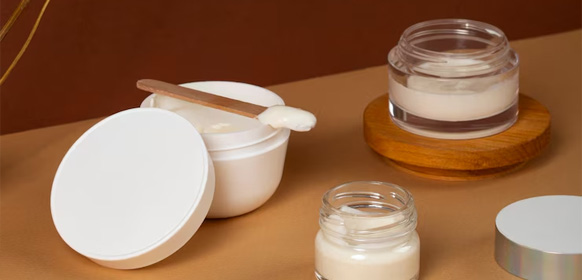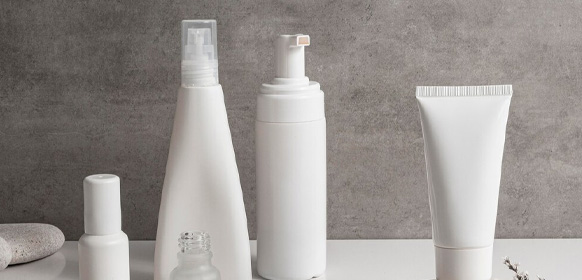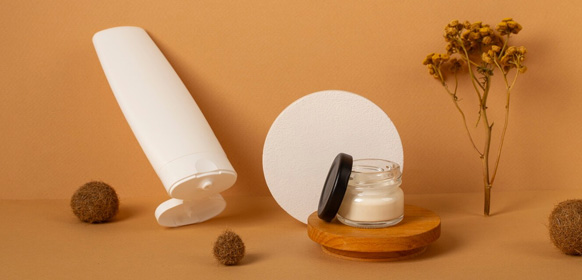
Introduction
The skincare and personal care industry is fiercely competitive, with emerging brands constantly seeking ways to differentiate themselves in a saturated market. For startups and small businesses, the challenge lies in balancing innovation with financial constraints. Traditional manufacturing models often require large minimum order quantities (MOQs), which can lock brands into high upfront costs and inventory risks. This is where small-batch production emerges as a game-changer. By enabling brands to produce limited quantities of high-quality products, small-batch manufacturing reduces financial barriers, mitigates market uncertainties, and accelerates time-to-market. For OEM partners like Guangzhou Huanyan Cosmetics Co., Ltd.—a trusted name in skincare, hand care, and hair mask production since 2015—this strategy is not just a trend but a cornerstone of empowering brands to scale sustainably. In this article, we explore how small-batch production aligns with the needs of emerging brands, the role of OEM expertise, and the future of agile manufacturing.
Why Small-Batch Production Matters for Emerging Brands
Cost Efficiency and Risk Mitigation
Emerging brands often lack the capital to commit to large-scale production. Small-batch manufacturing allows them to test product-market fit without overextending budgets. For instance, producing 500 units of a new hand care product enables brands to gather consumer feedback, refine formulations, and adjust marketing strategies before scaling. At Huanyan, we offer flexible MOQs starting as low as 1,000 units, ensuring brands can validate demand before investing in bulk production.
Agility in a Dynamic Market
The beauty industry evolves rapidly, with trends like clean beauty and sustainable packaging gaining momentum. Small-batch production lets brands pivot quickly to meet shifting consumer preferences. For example, a skincare brand can launch a limited-edition serum using a trending ingredient (e.g., bakuchiol) without locking into a 10,000-unit order. Our facility in Zengcheng, Guangzhou, leverages state-of-the-art equipment to switch between formulations efficiently, minimizing downtime and maximizing responsiveness.
Customization at Scale
Today’s consumers demand personalized experiences. Small batches enable niche branding, such as creating region-specific formulations or seasonal collections. A hand care brand targeting dry winter climates might launch a small batch of ultra-hydrating gloves, while another could test a summer line with SPF-infused foot masks. At Huanyan, we specialize in customized solutions for hand, foot, and hair masks, ensuring each batch aligns with a brand’s unique identity.
The Role of OEM Partners in Small-Batch Success
Technical Expertise and Quality Control
Small batches require precision to maintain consistency in texture, scent, and efficacy. OEM factories like Huanyan invest in R&D to replicate formulations across different quantities. Our team of chemists works closely with brands to optimize recipes for small-scale production, ensuring that a 1,000-unit batch matches the quality of a 50,000-unit order.
Supply Chain Flexibility
Reliable OEM partners streamline logistics, especially for brands juggling multiple SKUs. Huanyan’s proximity to major raw material suppliers and international shipping hubs ensures timely delivery, even for small orders. This agility is critical for brands launching pop-up campaigns or collaborating with influencers.
Scalability Without Sacrificing Quality
While small batches are ideal for testing, OEMs must also support seamless scaling. Huanyan’s modular production lines allow brands to transition from 1,000 to 50,000 units without compromising quality. This scalability is a key differentiator in an industry where 70% of new beauty brands fail within the first three years due to poor supply chain management.
Industry Trends Shaping Small-Batch Demand
Sustainability-Driven Consumers
Brands are under pressure to reduce waste. Small batches minimize excess inventory, aligning with eco-conscious values. Huanyan’s eco-friendly packaging options and recyclable materials further cater to this trend.
Direct-to-Consumer (DTC) Models
DTC brands rely on real-time customer feedback to iterate products. Small batches enable rapid prototyping, as seen in the rise of subscription-based hand care services that release monthly limited editions.
Globalization of Niche Markets
Emerging markets in Asia and Africa are adopting beauty rituals like foot masks and hair oils. Small-batch production allows brands to localize products for these regions without high upfront costs.
Case Study: A Hand Care Brand’s Journey with Huanyan
A U.S.-based hand care startup partnered with Huanyan to launch a line of anti-aging hand care cosmetics products . The brand ordered 2,000 pcs initially, using social media influencers to gauge demand. Positive reviews led to a 10,000 pcs reorder within six months. Huanyan’s flexibility in adjusting packaging and formulation based on feedback helped the brand secure a spot in a major retailer’s curated collection.
Conclusion: The Future of Small-Batch Production
Small-batch manufacturing is not a temporary fix but a strategic tool for brands aiming to innovate sustainably. As consumer demands grow more fragmented and eco-aware, OEMs like Huanyan will play a pivotal role in bridging creativity and production. By prioritizing agility, customization, and quality, brands can enter the market confidently—and scale responsibly.
